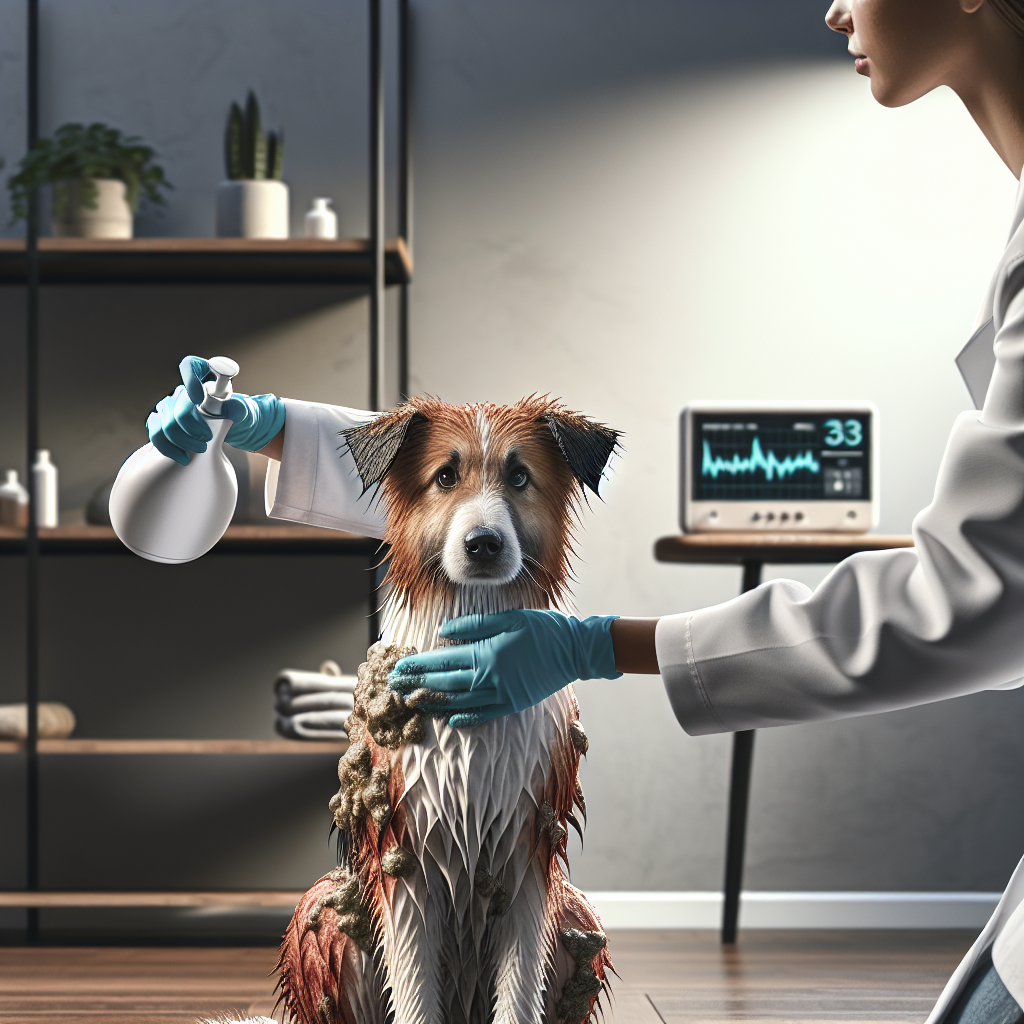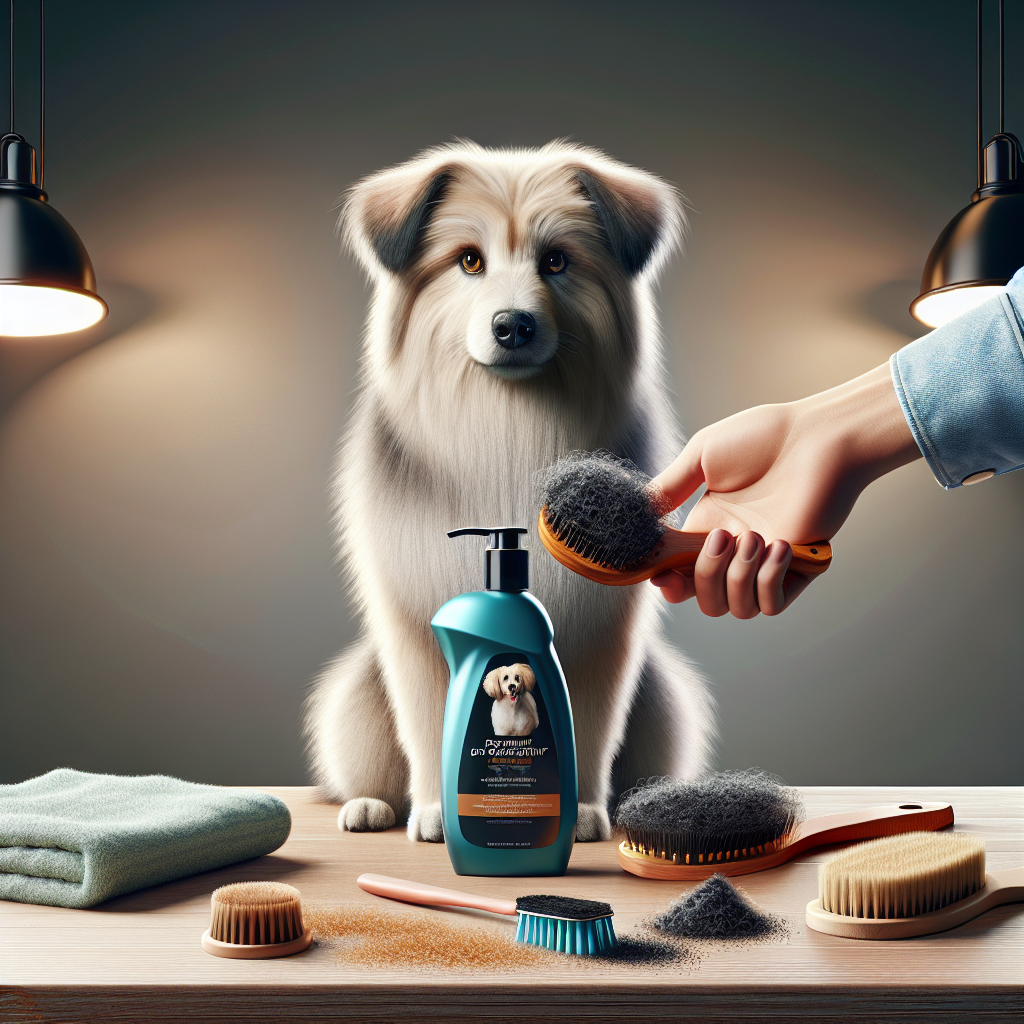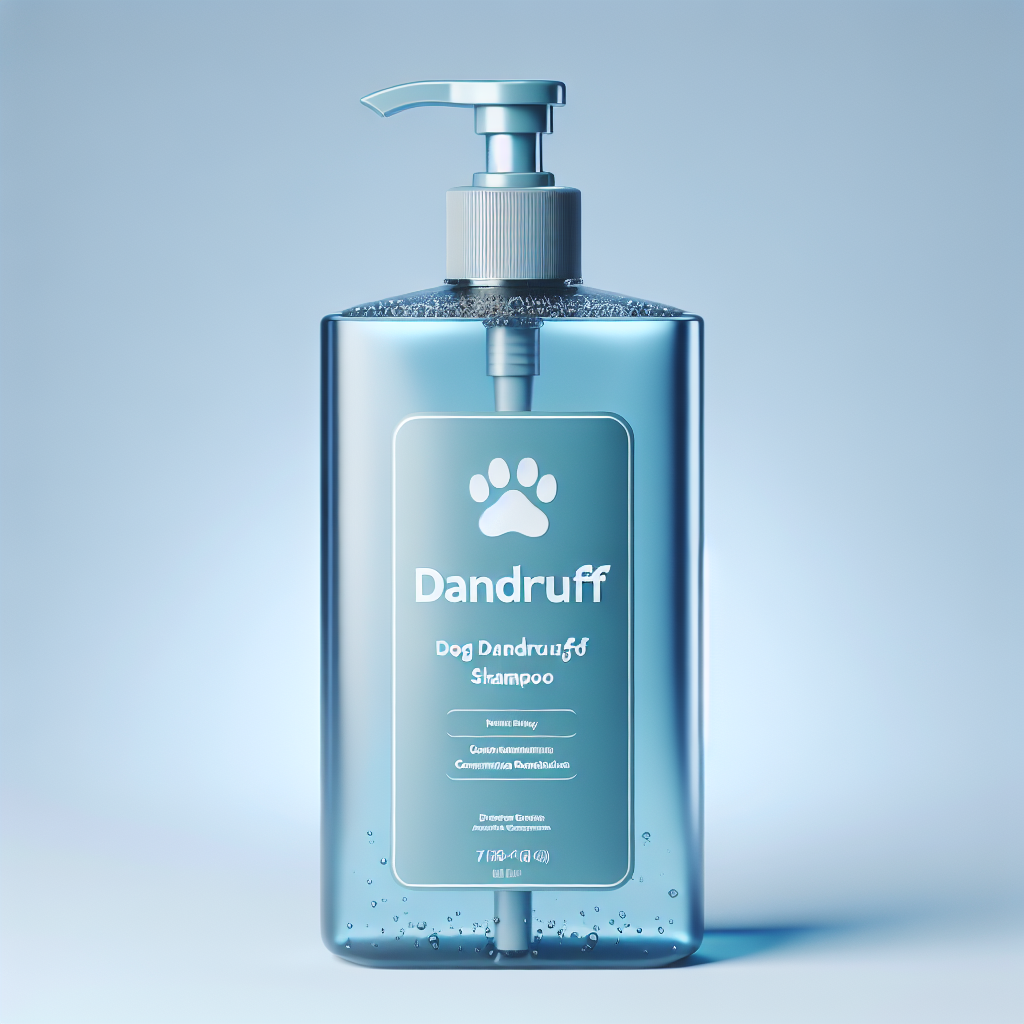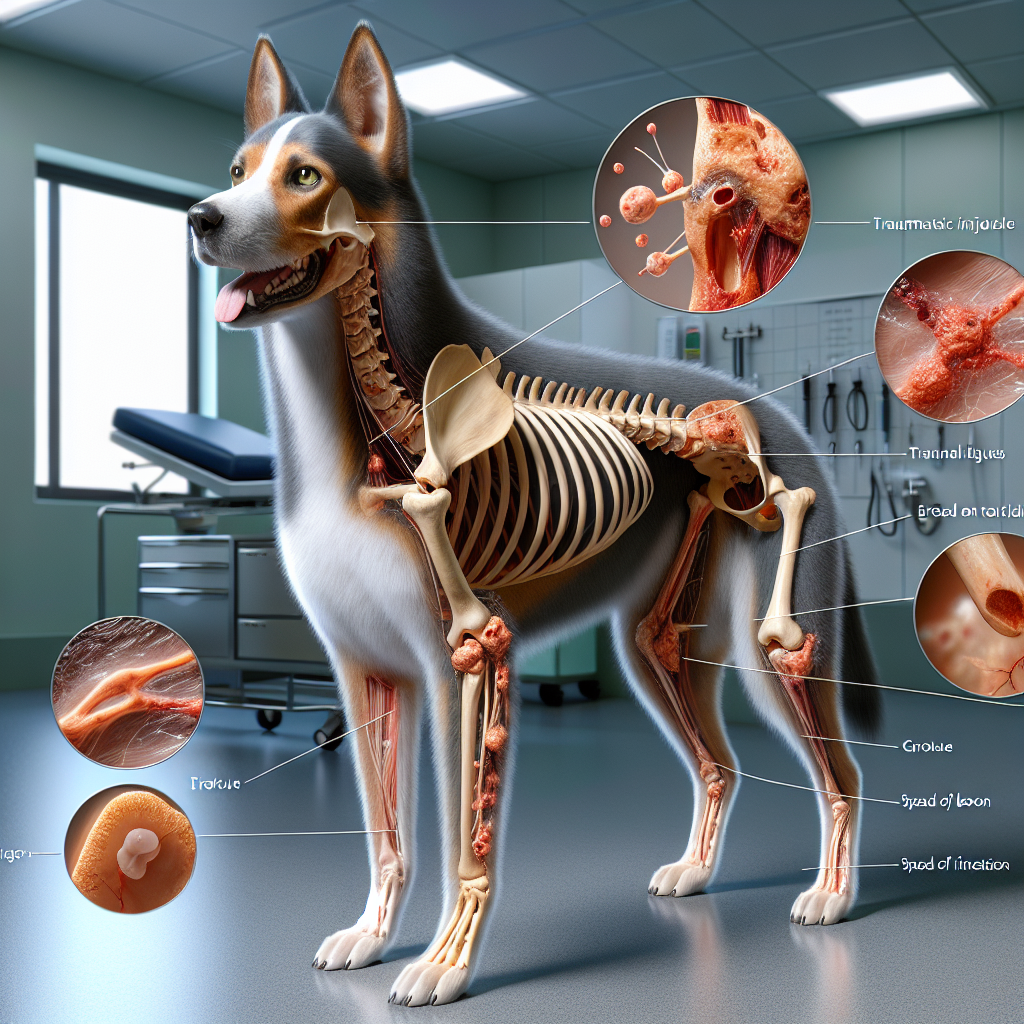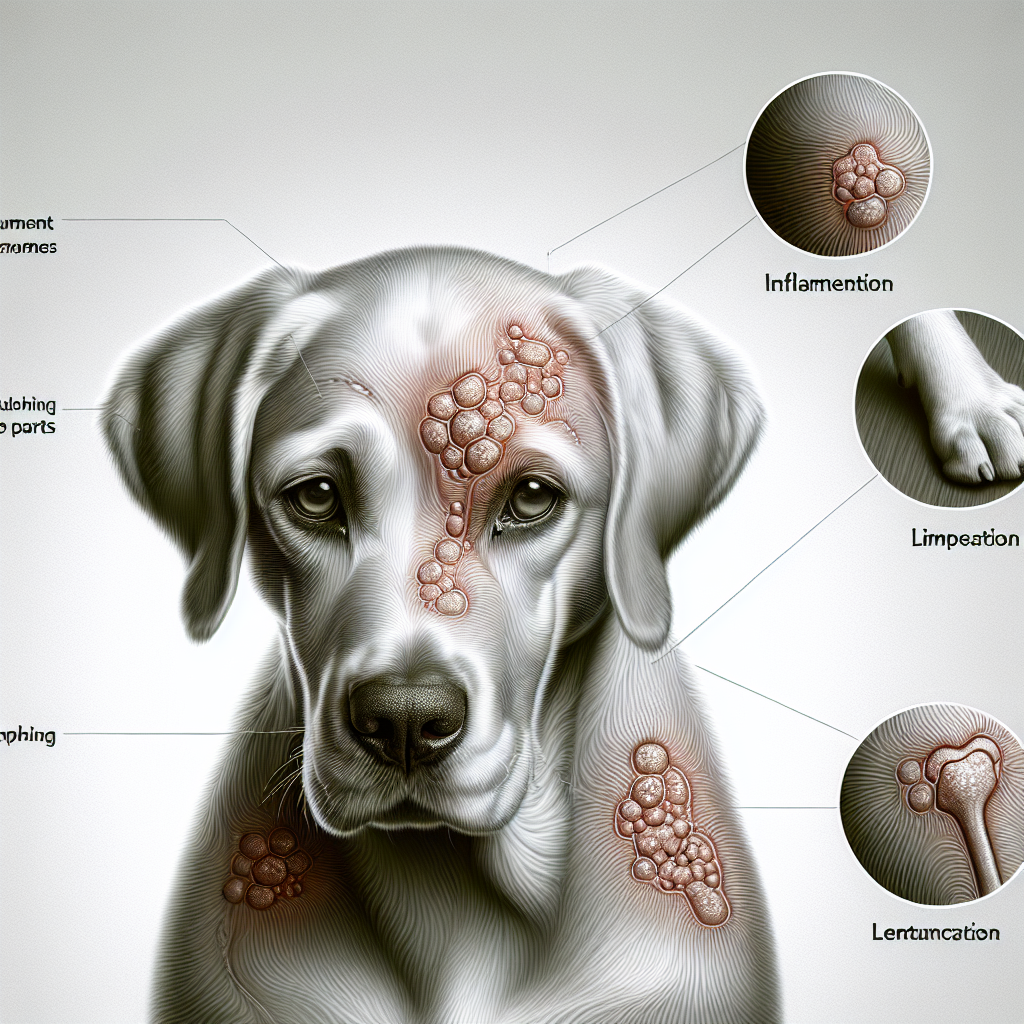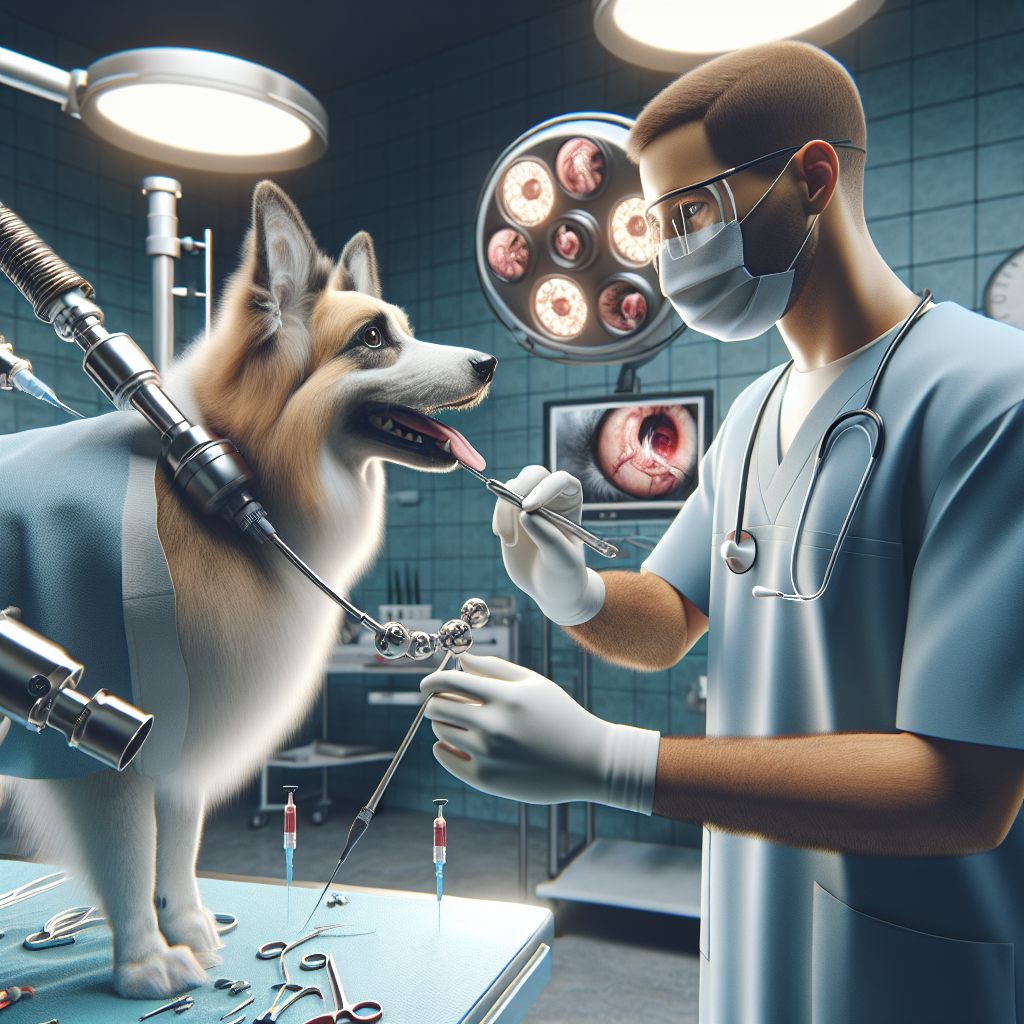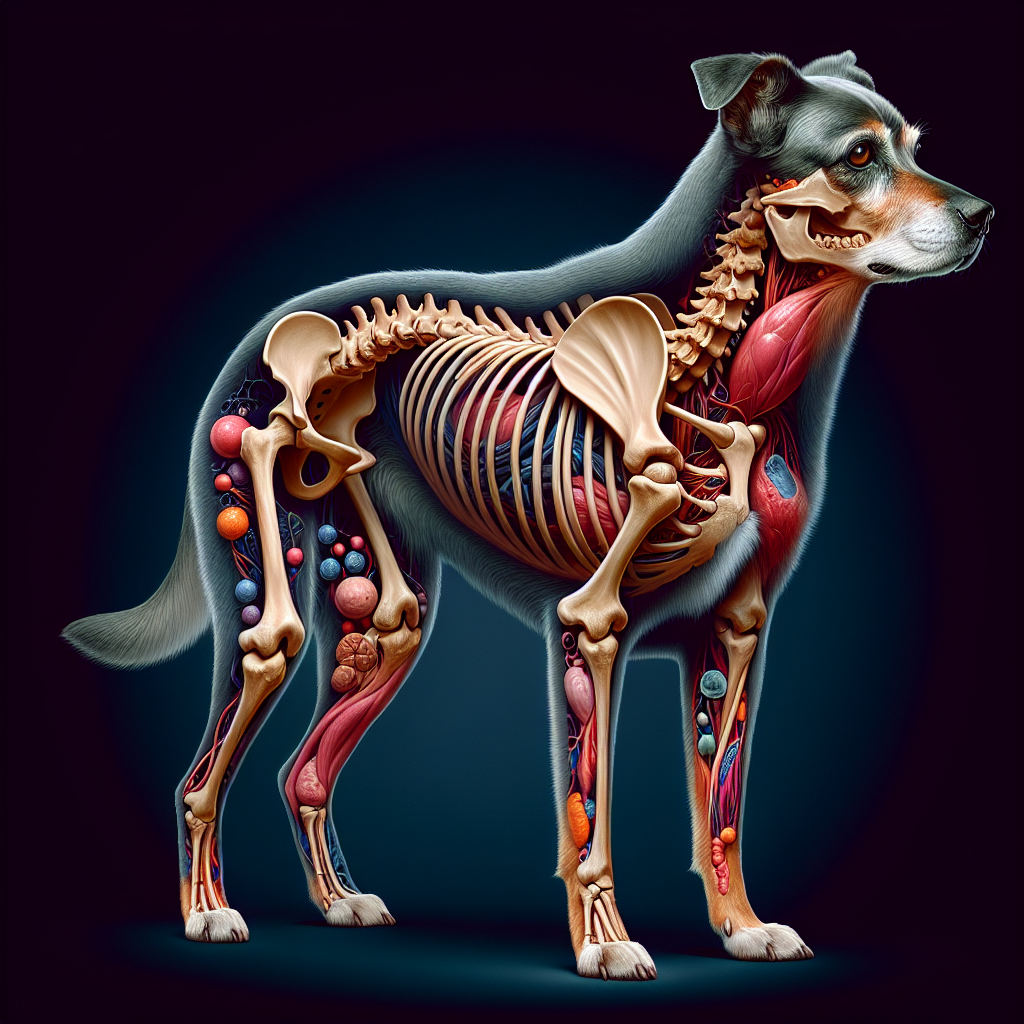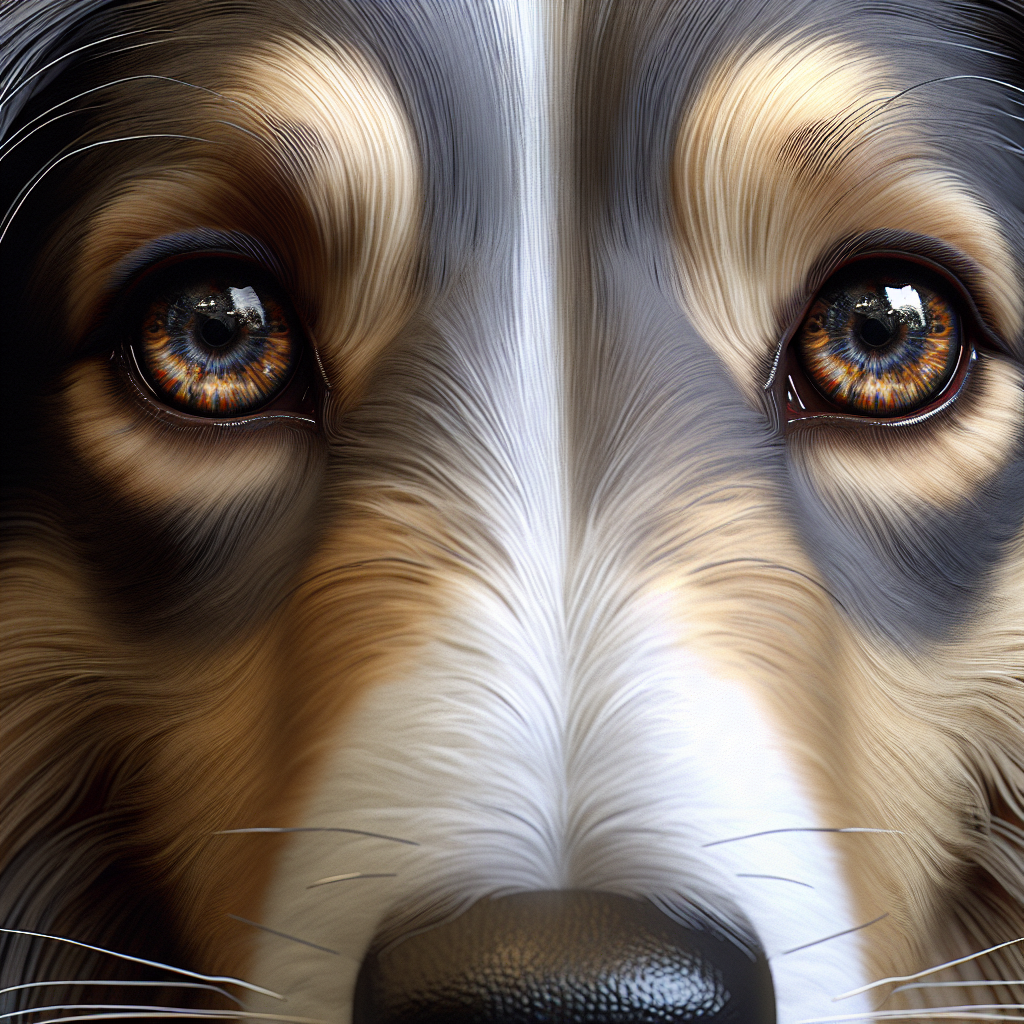Understanding Dog Dandruff
Dandruff in dogs is a common skin condition that can cause discomfort and itchiness. To effectively address and treat dog dandruff, it’s important to understand its causes and types.
Causes of Dog Dandruff
Dog dandruff can be attributed to various factors, including:
- Dry air: Low humidity levels can contribute to dry skin in dogs (dry skin in dogs).
- External parasites: Infestations of fleas, ticks, or mites can irritate the skin and lead to dandruff.
- Nutrition issues: Imbalances in a dog’s diet or nutritional deficiencies can manifest as dandruff.
- Skin infections: Bacterial or fungal infections can disrupt the natural balance of the skin and result in dandruff.
- Allergies: Dogs may develop dandruff as a result of allergies to food, environmental factors, or certain substances.
- Hormonal conditions: Hormonal imbalances, such as hypothyroidism, can affect the health of a dog’s skin and coat.
- Idiopathic seborrhea: This refers to spontaneous seborrhea, a condition where the sebaceous glands overproduce sebum, leading to dandruff (Veterinary Referral Associates).
By identifying the underlying cause of dog dandruff, it becomes easier to develop an appropriate treatment plan. Consultation with a veterinarian is recommended to determine the specific cause and address it accordingly.
Types of Dog Dandruff
Dog dandruff can present in different forms, each with its own characteristics:
- Dry dandruff: This type of dandruff consists of small, dry flakes that may appear white or light gray. It is often associated with dry skin caused by factors like low humidity or inadequate grooming.
- Oily dandruff: Oily dandruff is characterized by larger, greasy flakes that can be yellowish or brown in color. It is typically associated with seborrhea, a condition that affects the sebaceous glands and results in excessive sebum production.
Determining the type of dandruff can assist in selecting the appropriate treatment approach. For mild cases, home remedies may suffice, while severe cases often require veterinary intervention and diagnostic procedures. To explore home remedies and dietary changes for mild cases of dog dandruff, refer to the section on treating dog dandruff at home.
Treating Dog Dandruff at Home
When it comes to treating dog dandruff, mild cases can often be effectively managed at home. With guidance from a primary veterinarian, there are several home remedies and strategies that can help alleviate the symptoms and improve your dog’s skin and coat health.
Home Remedies for Mild Cases
For mild cases of dog dandruff, you can try the following home remedies:
-
Regular grooming: Regularly brushing your dog’s coat helps to remove dead skin cells and distribute natural oils, promoting a healthier coat. Choose a brush suitable for your dog’s coat type to ensure effective grooming.
-
Omega-3 fatty acid supplements: Adding omega-3 fatty acid supplements to your dog’s diet can help improve skin health and reduce dandruff. These supplements can be found in the form of fish oil or other specifically formulated products for dogs.
-
Humidifier in the home: Dry indoor air can contribute to dry skin in dogs. Using a humidifier in your home can help maintain optimal humidity levels and prevent excessive drying of your dog’s skin.
-
Anti-dandruff or oatmeal dog shampoo: Bathing your dog regularly with a gentle, anti-dandruff or soothing oatmeal-based shampoo can help remove flakes and soothe the skin. Be sure to choose a shampoo specifically formulated for dogs, as human shampoos may contain ingredients that can be harmful to them.
-
Balanced diet with proper nutrients: A poor or unbalanced diet lacking essential nutrients can result in dry skin and dandruff in dogs. Ensure your dog is receiving a balanced diet with the necessary nutrients for healthy skin and coat. If dandruff persists despite a complete diet, your veterinarian may recommend a skin and coat dietary supplement.
Dietary Changes and Supplements
In addition to the home remedies mentioned above, dietary changes and supplements can also play a role in managing dog dandruff. Ensuring your dog receives a balanced diet with the right nutrients is essential for maintaining healthy skin and coat. If your dog’s diet is lacking in essential nutrients, your veterinarian may recommend a skin and coat dietary supplement to support skin health.
It’s important to note that while these home remedies can be effective for mild cases of dog dandruff, it’s always best to consult with your veterinarian before attempting any treatments. They can provide personalized advice and guidance based on your dog’s specific needs and help determine the underlying cause of the dandruff.
By following these home remedies and making appropriate dietary changes, you can help alleviate mild cases of dog dandruff and improve your furry friend’s overall skin and coat health. Remember to monitor your dog’s condition closely and consult with a veterinarian if the dandruff persists or worsens.
Seeking Veterinary Care
When it comes to treating dog dandruff, seeking veterinary care is essential in certain circumstances. While mild cases of dandruff can often be managed at home, severe or persistent dandruff may indicate an underlying issue that requires professional attention. In this section, we will explore when to consult a veterinarian and the diagnostic procedures they may perform for severe cases.
When to Consult a Veterinarian
If your dog’s dandruff does not improve with home remedies or persists despite your efforts, it’s crucial to consult with a veterinarian. Additionally, if you notice any concerning symptoms or changes in your dog’s behavior or overall health, it’s best to seek professional advice. Some signs that indicate the need for veterinary care include:
- Intense itching or scratching
- Red, inflamed skin
- Hair loss or bald patches
- Presence of sores or lesions
- Foul odor from the skin
- Changes in appetite or weight loss
- Lethargy or decreased activity level
By consulting a veterinarian, you can ensure that your dog receives appropriate care and that any underlying health problems are addressed promptly. The vet will conduct a thorough examination to assess the severity of the dandruff and determine the next steps.
Diagnostic Procedures for Severe Cases
In severe cases of dog dandruff, a veterinarian may perform various diagnostic procedures to identify the underlying cause. These procedures help to rule out any potential health conditions, allergic reactions, or parasitic infestations that may be contributing to the dandruff.
Common diagnostic procedures for severe cases of dog dandruff may include:
- Physical Examination: The vet will examine your dog’s skin and coat, looking for signs of inflammation, infections, or parasites.
- Skin Sampling: Skin samples may be taken to analyze under a microscope, helping to identify any microorganisms, fungal infections, or abnormal skin cells.
- Allergy Testing: If allergies are suspected, the vet may recommend allergy testing to determine specific triggers that could be causing the dandruff.
- Tissue Biopsy: In some cases, a tissue biopsy may be necessary to obtain a more in-depth analysis of the skin and underlying tissues.
- Blood Tests: Blood tests can help screen for various health conditions, such as diabetes mellitus or hypothyroidism, which can contribute to dandruff.
These diagnostic procedures are crucial in identifying the root cause of your dog’s dandruff, allowing the veterinarian to develop an appropriate treatment plan. By understanding the underlying condition, targeted treatments can be administered to help alleviate the dandruff and improve your dog’s overall health.
Remember, if your dog has severe or persistent dandruff that does not improve with home measures, it’s always best to consult with a veterinarian. They have the expertise to diagnose and treat underlying conditions that may be contributing to the dandruff. By addressing the root cause, you can ensure the well-being and comfort of your beloved furry friend.
Potential Underlying Conditions
When it comes to tackling dog dandruff, it’s important to address the potential underlying conditions that may be causing this issue. Dandruff in dogs can be triggered by various factors, including allergies, skin infections, hormonal imbalances, and nutritional deficiencies. Identifying and treating these conditions is essential for effective dandruff management.
Allergies and Skin Infections
Allergies are a common cause of dandruff in dogs, and they can stem from various sources such as food, environmental factors, or even fleas. When a dog is allergic to something, it can result in dry, flaky skin and persistent scratching. These allergies can also lead to recurring ear and skin infections, exacerbating the dandruff issue (Guilford Jamestown Veterinary Hospital). Managing allergies through proper identification and avoidance of allergens, along with appropriate treatment prescribed by a veterinarian, can help alleviate dandruff symptoms.
Skin infections, including bacterial and fungal infections, can also contribute to dandruff in dogs. These infections take advantage of any damage or weaknesses in a dog’s skin, causing irritation, redness, and flakiness. Treating these underlying infections is crucial for resolving the dandruff issue. A veterinarian will be able to diagnose and prescribe the appropriate treatment to clear up the infection and alleviate dandruff symptoms (Coastal Care Veterinary Emergency & Referral Hospital).
Hormonal Imbalances and Nutritional Deficiencies
Hormonal imbalances can disrupt the natural balance of a dog’s skin, leading to dryness and dandruff. Conditions such as hypothyroidism and hormonal disorders can contribute to the development of dandruff. Identifying and addressing these hormonal imbalances through proper veterinary diagnosis and treatment can help improve the overall health of the dog’s skin and reduce dandruff symptoms.
Nutritional deficiencies can also manifest as dandruff in dogs. A lack of essential nutrients, including vitamins and fatty acids, can impact the health of the skin and coat, resulting in dryness and flakiness. Providing a balanced and appropriate diet, including high-quality dog food, can help address nutritional deficiencies and improve the condition of the skin and coat. Consultation with a veterinarian or veterinary nutritionist can aid in determining the best dietary options for your dog’s specific needs.
By recognizing and addressing potential underlying conditions such as allergies, skin infections, hormonal imbalances, and nutritional deficiencies, you can effectively manage and reduce dandruff in your beloved dog. Working closely with a veterinarian will ensure a comprehensive approach to treatment, leading to a healthier and happier pup with a dandruff-free coat.
Preventative Measures
Taking preventative measures can help manage and reduce the occurrence of dandruff in dogs. By implementing proper grooming and addressing environmental factors, you can help keep your beloved pet’s skin healthy and free from dandruff.
Grooming and Hygiene Tips
Regular grooming plays a crucial role in preventing dog dandruff. Here are some grooming and hygiene tips to consider:
-
Regular brushing: Regular brushing helps distribute the natural oils on the dog’s skin, preventing dryness and the accumulation of dead skin cells. Use a brush suitable for your dog’s coat type to avoid causing any discomfort or irritation. Brushing also helps remove loose hair and reduces shedding.
-
Bathing: Regular bathing can help keep your dog’s skin clean and free from excess oil and debris. Use a dog-specific shampoo that is formulated to address dandruff and dry skin (dog dandruff shampoo). Oatmeal-based or soothing shampoos can be particularly helpful in moisturizing the skin and alleviating itchiness. However, avoid over-bathing as it can strip the skin of its natural oils, leading to dryness.
-
Moisturizing products: Consider using moisturizing products specifically designed for dogs to help hydrate and nourish the skin. These products often contain ingredients such as aloe vera or coconut oil, which can help soothe dry and irritated skin. Consult with your veterinarian for recommendations on suitable moisturizing products for your dog.
-
Dietary considerations: Proper nutrition is essential for maintaining a healthy coat and skin. Ensure your dog is receiving a balanced diet that includes essential fatty acids, such as omega-6 fatty acids. These fatty acids help promote healthy skin and coat. If you suspect that your dog’s diet may be contributing to dandruff, consult with your veterinarian for dietary recommendations and potential supplementation.
Environmental Factors Impacting Dandruff
Environmental factors can also contribute to dandruff in dogs. Here are some considerations to help minimize the impact of these factors:
-
Humidity control: Dry air, particularly during the winter months when central heating is commonly used, can exacerbate dandruff in dogs (Care.com). Consider using a humidifier to add moisture to the air, especially in areas where your dog spends a significant amount of time. This can help prevent excessive dryness of the skin.
-
Avoiding harsh weather conditions: Extreme weather conditions, such as excessive heat or cold, can negatively affect your dog’s skin. Protect your dog from prolonged exposure to harsh weather conditions by providing shelter or appropriate clothing.
-
Regular cleaning: Ensure your dog’s living environment, including bedding and toys, is kept clean. Regularly washing and cleaning these items helps minimize the accumulation of allergens, dirt, and dust that can contribute to dandruff.
By following proper grooming practices, considering dietary factors, and addressing environmental conditions, you can help prevent and manage dandruff in your dog. However, if dandruff persists or worsens, it’s important to consult with a veterinarian to identify and address any underlying conditions that may be contributing to the problem. For more information on the causes and treatment options for dog dandruff, refer to our previous sections on dog dandruff causes and how to get rid of dog dandruff.
Special Considerations
When dealing with dog dandruff, there are special considerations to keep in mind. This includes addressing persistent dandruff and implementing long-term management strategies to keep your beloved pet’s skin healthy.
Addressing Persistent Dandruff
If your dog’s dandruff persists despite home remedies and initial treatments, it is recommended to consult with a veterinarian. Persistent dandruff may indicate an underlying issue that requires specific targeted treatment. A veterinarian will be able to assess your dog’s condition, conduct further diagnostic tests if necessary, and recommend appropriate interventions.
Persistent dandruff can be a result of various factors, including dry skin, allergies, skin infections, hormonal imbalances, and nutritional deficiencies. Identifying the underlying cause is crucial in addressing the dandruff effectively. Through a comprehensive examination and possibly additional tests, a veterinarian can determine the root cause and develop a tailored treatment plan.
Long-Term Management Strategies
In addition to addressing persistent dandruff, implementing long-term management strategies is essential to keep your dog’s skin healthy and minimize the recurrence of dandruff. These strategies can help maintain optimal skin condition and prevent future flare-ups.
-
Regular grooming: Regular grooming plays a crucial role in managing dandruff. Brushing your dog’s coat helps remove dead skin cells and distribute natural oils, which can help prevent dandruff. Use appropriate grooming tools suited for your dog’s coat type to avoid skin irritation. Additionally, consider using a dog dandruff shampoo specifically formulated to promote a healthy coat and skin.
-
Balanced nutrition: Proper nutrition is vital for maintaining a healthy coat and skin. Ensure your dog is receiving a balanced diet that includes essential nutrients. Omega-3 and omega-6 fatty acids, in particular, can help improve skin health. Consult with your veterinarian to determine if dietary changes or supplements would benefit your dog.
-
Environmental factors: Environmental factors can impact dandruff in dogs. Dry air, for example, can contribute to dry skin and dandruff. Consider using a humidifier in your home, especially during the winter months, to add moisture to the air. Additionally, providing your dog with a comfortable and clean living environment can help prevent skin irritations and dandruff.
-
Regular veterinary check-ups: Regular check-ups with a veterinarian are essential for monitoring your dog’s overall health, including their skin condition. Routine examinations allow for early detection and treatment of any underlying conditions that may contribute to dandruff. Your veterinarian can also provide guidance on preventive measures and recommend appropriate interventions based on your dog’s specific needs.
By addressing persistent dandruff and implementing long-term management strategies, you can help keep your dog’s skin healthy and free from dandruff. Remember, each dog is unique, and what works for one may not work for another. Consulting with a veterinarian is crucial to ensure the best care for your furry friend.






